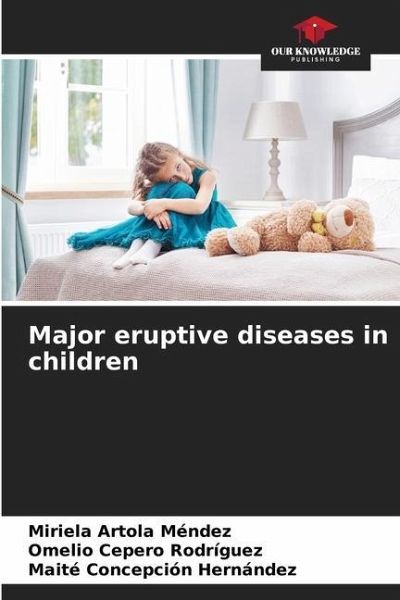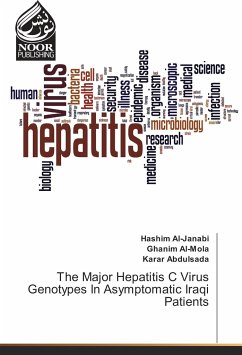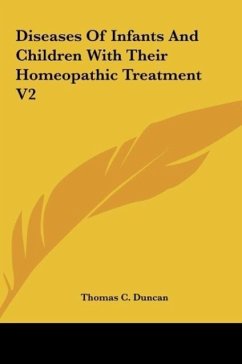
Major eruptive diseases in children
Versandkostenfrei!
Versandfertig in 6-10 Tagen
27,99 €
inkl. MwSt.

PAYBACK Punkte
14 °P sammeln!
Illnesses, diseases and infections are not isolated phenomena. Public health depends predominantly on living habits, social infrastructure, economic development and engineering programs and to a lesser extent on medical services and medication. Vaccines, surgery and curative drugs of course play their role, but sanitary facilities (toilets, sewage, sewage treatment), safe drinking water, healthy and balanced nutrition, knowledge of basic medical principles through education, good housing, lifestyle, etc. also play a role that should not be underestimated. The main medical problems in third wor...
Illnesses, diseases and infections are not isolated phenomena. Public health depends predominantly on living habits, social infrastructure, economic development and engineering programs and to a lesser extent on medical services and medication. Vaccines, surgery and curative drugs of course play their role, but sanitary facilities (toilets, sewage, sewage treatment), safe drinking water, healthy and balanced nutrition, knowledge of basic medical principles through education, good housing, lifestyle, etc. also play a role that should not be underestimated. The main medical problems in third world countries remain to this day: respiratory tract infections, diarrhea, tuberculosis, malaria, AIDS, measles, rubella, mumps and chicken pox. Hepatitis B and C and meningitis are also frequent problems. This material describes epidemiological and clinical aspects of interest, as well as other details of the main eruptive diseases affecting infants.












